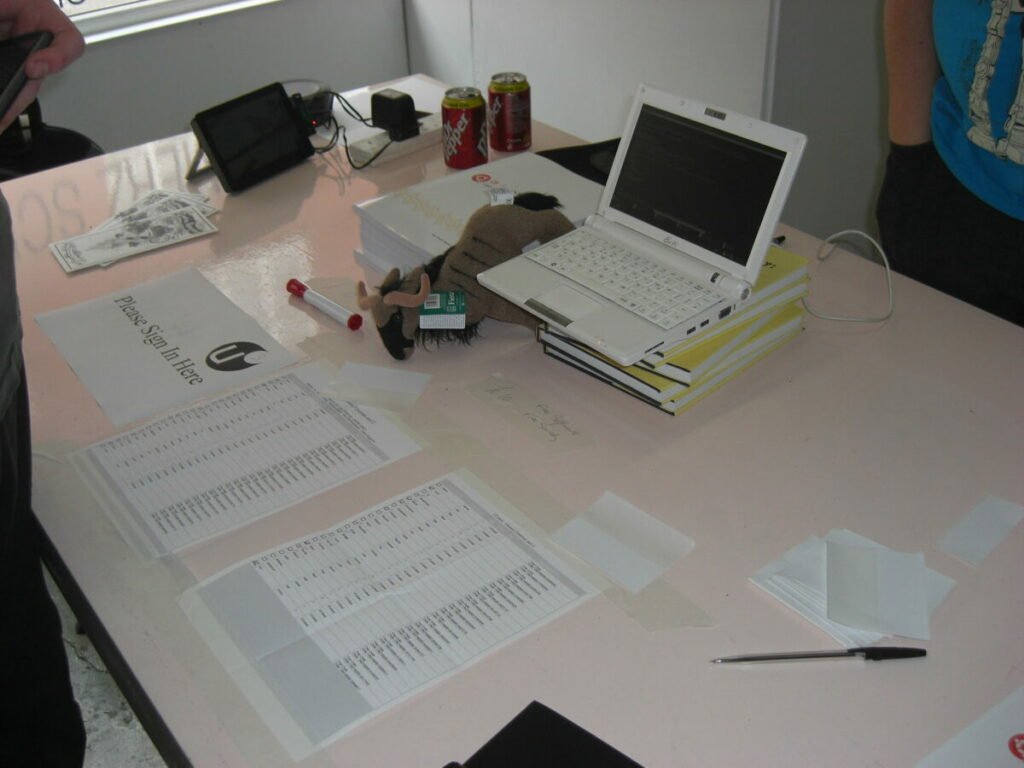Rigel Oliveri is the 1st place winner of Streetlight‘s 2023 Essay/Memoir Contest
It was late on a Saturday night. My son, who had just turned nine, woke up screaming. He had localized abdominal pain on one side. I couldn’t even touch his tummy without provoking screams. Although just thinking about the cost of an ER visit made me feel sick, this seemed serious. I woke my six-year-old daughter up and told her we had to go. Like a trooper, she threw a few books and some markers into her pillowcase and tossed it over her shoulder.

At the ER I was filling out paperwork for my son. I left the second-parent information blank. The intake lady pulled up my name (I must have been in there because my daughter was born in this hospital) and asked, “I see you have a ‘Michael’ listed as your emergency contact. Is that still good?” I had to say, “No, no it isn’t.” She replied, “Do you have a new number for him?” and I shook my head, all while my daughter was gleefully dropping handfuls of gravel from the parking lot down my sweatpants.
At that moment the intake lady looked at me and made a quick decision about who I am: My fingernails are bitten all the way down. I am wearing a stretched-out t-shirt two sizes too big for me. My roots have grown out. I have dragged two kids with different last names than mine to the Emergency Room in the middle of the night, and I can’t even tell her how to get in touch with their dad.
She sighed and shook her head wearily. “Do you even have a primary care doctor?”
A few minutes later we were in the examining room. The doctor strode in—he was dark-haired and about my age, not bad-looking. The kind of guy I might have dated in my previous life. He glanced briefly down at me as I was sitting on the floor, trying to stop my daughter from drawing in her library book. Without saying a word, he started palpitating my son’s abdomen. After a few minutes he stopped, looked at me pointedly and asked “Who else lives with you? Inside the home?”
I was tempted to joke that all manner of people lived outside of my home, on the roof and the porch and in the back yard. Realizing that this would have not gone over well, I replied, “No one else—it’s just the three of us.” I said this apologetically.
There was a definite side-eye and then a smirk. He didn’t speak to or look at me again. I was pretty sure I knew what he was thinking.
I understand how intake works. In fact, I used to do it in my former life. You ask questions and make observations to get information about who you are dealing with. Information allows you to draw useful conclusions. A man inside my home could be an abuser. No husband or second parent plus a vanished emergency contact are signs that my family and personal life are a train wreck. If it had been me, taking the intake report of myself, the conclusions would not have been kind.
Maybe they were making these conclusions about me. Maybe I was just making them about myself.
There is no easy way for me to inform these medical people that the reason there is no husband, second parent, emergency contact or other human adult living inside the home is because about six months ago that person was discharged from an Acute Care Floor in this very building. He then died—inside the home!—just a few weeks later.
I had been finding myself in these inauspicious situations a lot lately. When my daughter wandered off in the mall. When my son missed the bus for his school field trip. Two months earlier I had wept openly at the auto shop, in front of the mechanic and the billing person, after they told me that my station wagon had thrown a rod. The car had melted down in the grocery store parking lot on a twelve-degree afternoon, when the sun was already setting. Of course I had both kids with me. I cried in the shop, thinking about when a pregnant me and my alive husband had bought this car. I mourned the earnest optimism of those two young people who thought they were doing everything right by procuring a family vehicle with an excellent safety rating from Consumer Reports.
But I was also crying about the fact that the auto shop would only offer me $100 for salvage. A tow to another shop would cost at least $200. Those guys had done their own intake of me and seen a frazzled woman stranded with two wild-haired kids running around the waiting room and no one coming to help. They didn’t know that I’m a professor at the university. I’ve written books and lectured to packed rooms and spoken on panels, but none of those things mattered at that moment.
The truth is, cancer is wrecking ball. Grief is an ocean. And what remains of my husband is now in a box in my study. God, I miss him.
The shop guys were surely not thinking about any of that, but they did correctly perceive that they had me over a barrel. I had asked for the $100 up front in cash, cleared our things out of the station wagon, and used the money to pay for our cab home.
The shop scene came back to me that night in the ER, and suddenly I couldn’t stand it anymore. “Listen to me you smug fucker,” I yelled at the doctor. “I had a husband who lived inside the home! We drove a station wagon with very high safety ratings. We gave money to public radio. And we used to go to the Farmer’s Market every Saturday!”
Before he could react, I stormed back out the Intake Desk and leaned across the counter, staring the woman right in the eye. “And you have no idea, lady. We did family bike rides! We ate dinner together at the table, regularly! And every year we wore matching sweaters and got our picture taken for our GODDAMN HOLIDAY CARDS!!”
Just kidding. I didn’t actually do any of that. Instead I just stood there and picked the gravel out of my underwear while also realizing that my son was not, and had never been, wearing shoes. The doctor finished his exam and walked out of the room without saying another word to me.
To my great relief the police brought in a belligerent drunk guy, so I no longer felt like the worst person in the ER. Eventually the sonogram showed that my son had an intestinal blockage due to poop. Nothing a few does of laxative couldn’t fix.
It was dawn when I loaded everyone into the used minivan that had replaced the station wagon. We needed to kill time before Walgreens opened and I could buy some MiraLax. The kids were hungry and there was no food in our house, so I pulled over at a grimy Waffle House off the highway.
The kids were thrilled—it was a new place to eat, with dozens of pancake varieties and bacon for everyone. I was just glad that it was cheap and there were free refills on coffee.

The waitress might have been my age. She smelled like cigarettes and had home-drawn tattoos on her forearms.
She blessedly overlooked the fact that my son was violating a cardinal rule of the place, possibly the only rule: No Shoes=No Service. My son ate half a pancake and fell asleep with his head in my lap. I alternated between drinking coffee and practicing my breathing exercises. My daughter did all the activities on the placemats—mazes and word searches and find-the-difference puzzles. My phone battery died.
We stayed there like that for over an hour, watching customers come and go, until my son woke up and smeared his sticky, sleepy face on my t-shirt. The waitress knew better than to clear our plates. Instead, she brought over Styrofoam containers so we could take home every bit of our uneaten food, without me having to ask. Then put her hand on my shoulder and gave it a gentle squeeze.

Share this post with your friends.

